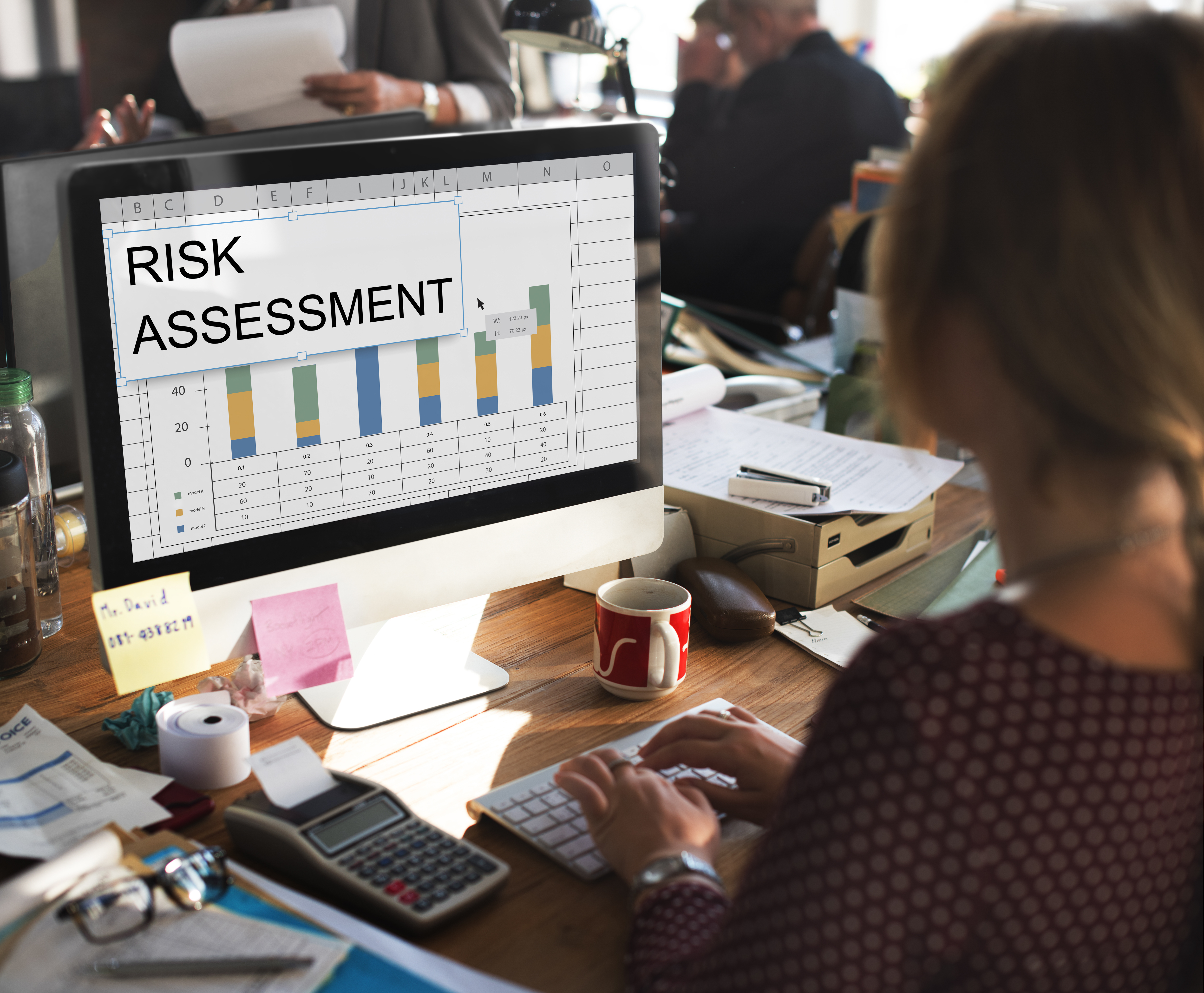The retail sector is a dynamic and pivotal component of the global economy, encompassing a wide array of products and services that cater to consumer needs. Retail companies, ranging from traditional brick-and-mortar stores to modern e-commerce platforms, offer a diverse range of goods, including apparel, electronics, groceries, and pharmaceutical products. As of December 2022, several retail giants have emerged as leaders in this sector, driven by their innovative business models, extensive product offerings, and robust online presence.
This article presents the ten biggest retail companies by their 12-month trailing revenue, highlighting their market influence, business strategies, and contributions to the ever-evolving world of retail. These companies reflect not only the sector’s economic significance but also its adaptability in meeting the changing consumer preferences and shopping behaviours.
#1 Walmart Inc. (WMT)
Walmart, with an impressive TTM revenue of $600.1 billion, is a retail behemoth offering a vast assortment of merchandise and services worldwide. Known for its everyday low prices, Walmart’s extensive product range and services like auto care and pharmaceuticals make it a one-stop shopping destination.
#2 Amazon.com Inc. (AMZN)
Amazon, boasting a TTM revenue of $502.2 billion, stands as a titan in e-commerce, selling a broad spectrum of products and services globally. Its diverse offerings, including subscription services, cloud computing, and its own line of electronic devices, highlight its expansive market reach.
#3 Costco Wholesale Corp. (COST)
Costco, with a TTM revenue of $231.0 billion, operates membership retail warehouses offering an assortment of merchandise. Known for its bulk packaging and value pricing, Costco’s business model caters to both individual and business members.
#4 The Home Depot Inc. (HD)
The Home Depot, generating $157.3 billion in TTM revenue, specializes in building materials and home improvement products. As a leading hardware store, it offers a wide range of products and services, including tool rentals and installation services.
#5 JD.com Inc. (JD)
JD.com, with a TTM revenue of $156.9 billion, is a leading e-commerce retailer in China. It offers a variety of electronics and general merchandise products, emphasizing its logistics and technology services alongside its extensive online marketplace.
#6 The Kroger Co. (KR)
Kroger, amassing a TTM revenue of $146.5 billion, operates a network of supermarkets and multi-department stores in the U.S. The company’s focus on private label brands and food manufacturing highlights its integrated approach to retail.
#7 Walgreens Boots Alliance Inc. (WBA)
Walgreens Boots Alliance, with a TTM revenue of $132.7 billion, provides drugstore services primarily in the U.S. and Europe. Its retail stores offer a range of products under various brand names, complementing its wholesale business.
#8 Alibaba Holdings (BABA)
Alibaba Group, with a TTM revenue of $131.4 billion, is a Chinese conglomerate specializing in e-commerce and technology. Known for platforms like Taobao and Tmall, Alibaba’s significant online and mobile commerce presence marks its global impact.
#9 Target Corp. (TGT)
Target, with a TTM revenue of $108.7 billion, operates general merchandise stores across the U.S. Offering a variety of products at discounted prices, Target’s curated and general merchandise selections cater to a wide consumer base.
#10 Lowe’s Companies (LOW)
Lowe’s, with a TTM revenue of $96.0 billion, is a leading home improvement company in the U.S. and Canada. Specializing in products for home renovation and construction, Lowe’s also offers installation and repair services, catering to both DIY enthusiasts and professional contractors.
Conclusion
The retail sector, as exemplified by these top companies, is a testament to the diverse and evolving nature of consumer spending. From Walmart’s expansive store network to Amazon’s e-commerce dominance and Alibaba’s global reach, these retail giants have adapted to changing consumer preferences and technological advancements. Their success is not just measured in revenue but also in their ability to innovate, expand their offerings, and enhance the shopping experience.
As the retail landscape continues to shift towards a blend of physical and online presence, these companies are at the forefront of defining the future of retail. Their contributions go beyond economic impact, influencing how consumers shop, access products, and interact with brands. The future of retail, shaped by these leading companies, promises continued innovation, customer-centric strategies, and a greater integration of technology in everyday shopping experiences.






